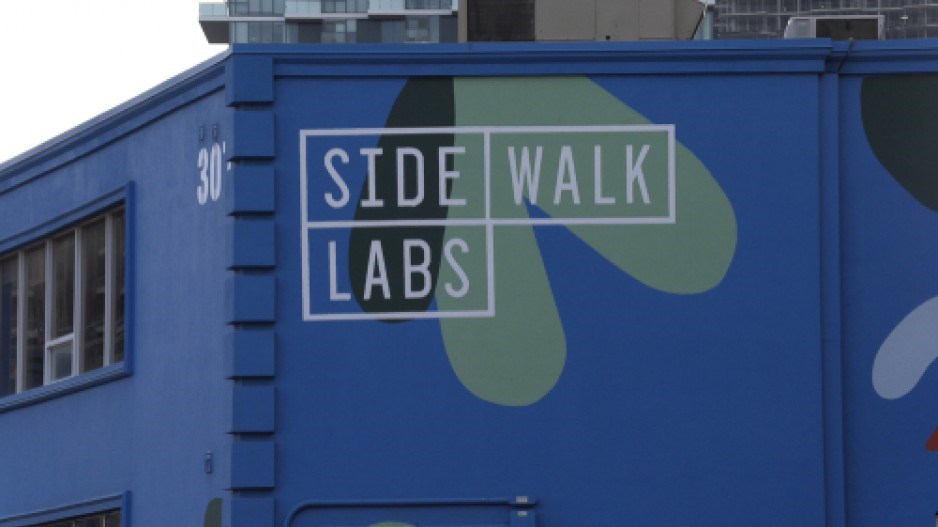What happened: An executive from Sidewalk Labs has offered hints the company is interested in pursuing a project in Vancouver
Why it matters: The Google sister company has experienced some resistance in Toronto over its Quayside project in that city
If flattery will get you anywhere, Alphabet Inc.’s (Nasdaq:GOOGL) Sidewalk Labs division might be hoping it translates into an open mind from Vancouver city hall.
“I think you have one of the most innovative city managers [Sadhu Johnston] in the country. I don’t know the political side as well, but the staff are really excellent, the chief planner [Gil Kelley], as well,” John Brodhead said Thursday (December 5) at a Greater Vancouver Board of Trade (GVBOT) panel focused on addressing urban challenges through tech innovation.
“If you have an openness and willingness to engage, there’s ways to find paths.”
Sidewalk Labs, an Alphabet subsidiary specializing in using innovation to address urban issues ranging from transportation to energy consumption, has courted some controversy in Toronto.
Its Quayside project there would see underused land on the city’s waterfront turned into a tech-centric community featuring sensors that would collect data from around the neighbourhood.
The project has come under fire over privacy and data collection concerns as Sidewalk Labs seeks to monetize what it learns from observing the community.
A final vote by the Waterfront Toronto board to approve the plan is set for March 2020.
“We’re here [in Vancouver] because we’re in the process now of looking around the world at other places where we might partner with local developers and local municipalities to explore opportunities,” Jesse Shapins, Sidewalk Labs’ director of urban design and digital innovation, told the GVBOT panel.
So does that mean Sidewalk Labs may pursue something in Vancouver, moderator and B.C. Tech Association CEO Jill Tipping asked.
Shapins offered the panel a sly shrug in response.
Most of the panel’s time was spent delving into using technology to solve issues in urban life.
Brodhead pointed to a Sidewalk Labs’ team that developed optical sensors that would monitor crosswalks to detect pedestrians attempting to cross when it was dark.
The sensors can adjust the lighting systems to better illuminate crosswalks and prevent collisions.
“It’s technology designed to fix a policy problem,” Brodhead said.
“We don’t want to build technology just for technology’s sake. We’re trying to solve these problems set out by the City of Toronto or Waterfront Toronto, and technology could be a way to help do that.”
Shapins also pointed to the complexity of tall-timber manufacturing as another confluence point between technology and urban planning.
Sidewalk Labs is investing $80 million in developing a manufacturing plant and supply chain to support plans to build the Quayside property with timber.
While Northern Ontario has an abundance of wood at its disposal, turning it into structures holding up skyscrapers requires significant manufacturing prowess.
“People looked at this and were like, ‘Wait — Alphabet, internet, wood? What is the relationship?’” Shapins said, noting the complexity of everything from tracing the provenance of the wood to precision cutting and composition.
“As you clearly understand the tall-timber manufacturing process is an incredibly technologically driven process … For us when we think about technology it’s not purely digital.”
He added that Canada has a unique place in the world akin to a bridge between American and European sensibilities when it comes to approaches to technology and urban planning.
“If we get the policy and regulation right in Canada, that would be a huge economic advantage,” Brodhead said.




